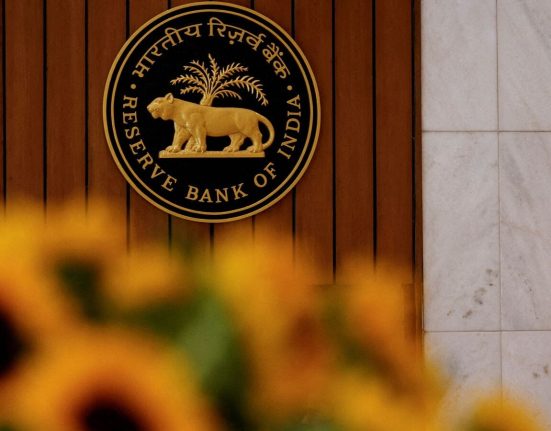The Irish banking sector has called for the Central Bank to be given a formal competition mandate and hold back on topping up European Union rules, saying “it is time for a reset” after years of intense European financial reforms in the wake of the financial crisis.
Banking and Payments Federation Ireland (BPFI) is seeking a legislative change to explicitly introduce and formalise a competition mandate for the Central Bank of Ireland.
This is likely to be strongly resisted by the bank, following the removal of competition – or the promotion of financial services development – as an objective of the financial regulator under post-crash reforms in 2010.
However, BPFI chief executive Brian Hayes insisted to The Irish Times that his organisation is not looking for the return of a promotional mandate to boost competition in the Irish market for financial services.
“We would see it as a secondary mandate alongside its primary objectives for financial stability and consumer protection,” he said. “But it would require the bank to give consideration to how it is decisions affects the competition in the market.”
BPFI also called in its report on simplifying regulation, which has been submitted to the Central Bank and the Department of Finance, for the regulator to avoid unnecessary “gold-plating” of EU rules, where it goes above and beyond European standards.

Why is the delivery of vital infrastructure so slow in Ireland?
An example is where the Central Bank’s supervisory approach to Irish branches of firms regulated elsewhere in the EU exceeds established principles covering home and host regulators, it said.
It also urged that the regulator develop a local single rule book to cut undue complexity and provide greater clarity.
“Instead of a consolidated and easily accessible set of local rules and expectations, firms often have to navigate disparate guidance, circulars and ad-hoc communications,” the report said. “This lack of a clear and accessible single rule book makes it challenging to ascertain all applicable requirements and can lead to inadvertent noncompliance, despite best efforts.”
The report comes as the Government is developing an action plan for competitiveness and productivity and as a task force at the European Central Bank, which oversees banking supervision across the euro zone, is working on proposals for regulatory simplification, expected to be delivered later this year.
“The banking sector in Ireland fully recognises the financial stability and resilience that has been hard won by firms and our regulators since the global financial crisis,” said Mr Hayes. “After a decade and a half of intense EU regulatory reform, however, it is time for a reset.”
While the UK government and Trump administration in the United States are currently seeking to water down some regulations introduced following the 2008 financial crisis, BPFI insisted it is not pushing for deregulation or an easing of bank capital or liquidity requirements.
“No bank operating in Ireland is arguing for light-touch regulation,” said Mr Hayes.
However, he added: “With Europe’s competitiveness under mounting pressure there is now a clear consensus across the EU, from both public and private sectors, that overly complex regulation is diminishing EU growth. A competitive Europe needs a competitive banking sector able to deliver capital where it is needed.”
Mr Hayes said Ireland, home to the fifth-largest financial services centre in the EU, needs to be “front and centre” in the regulatory simplification debate.
“An overly complex regulatory environment can act as an internal tariff against EU firms,” he said.





